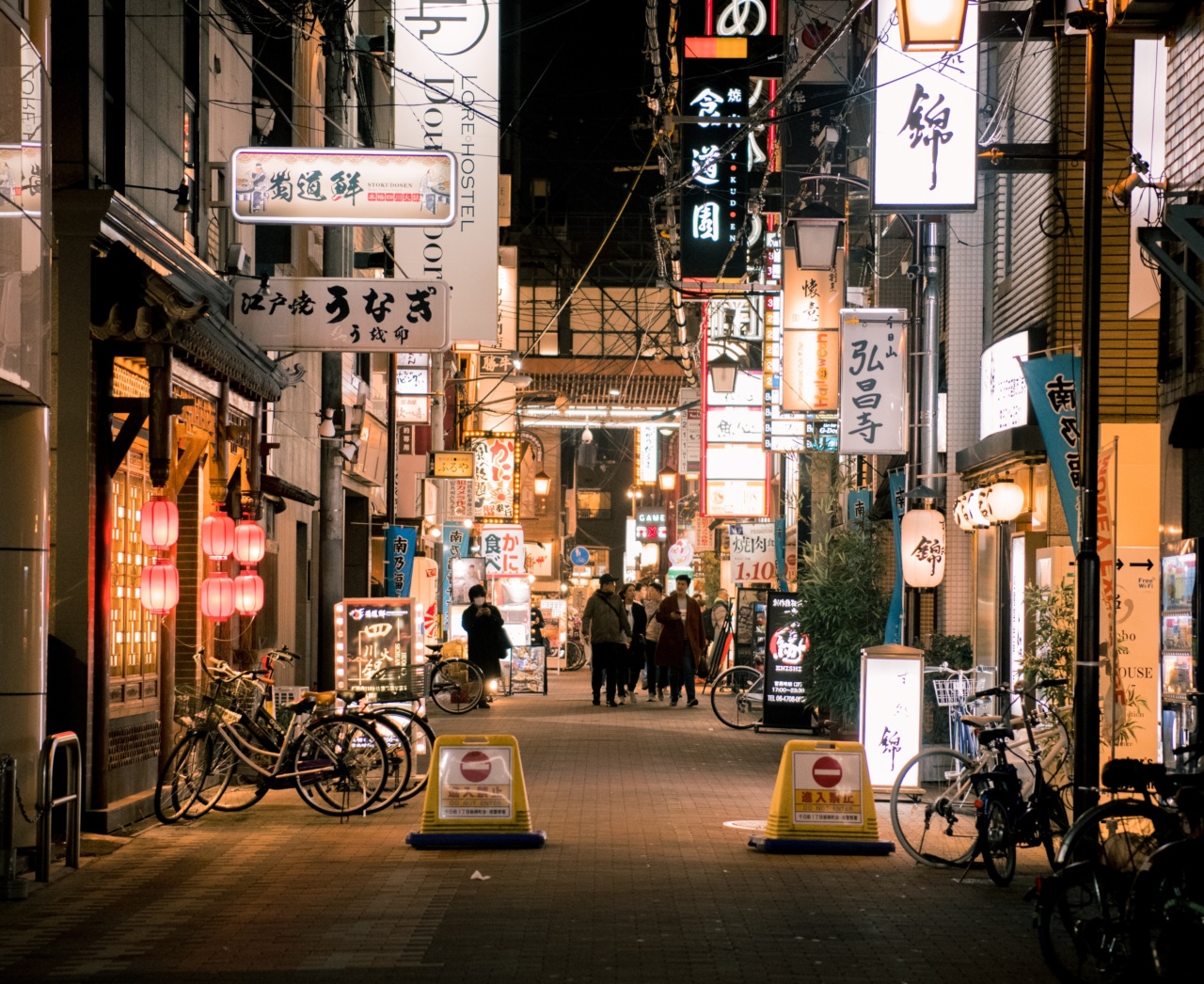High blood pressure, also known as hypertension, is a common condition that affects millions of people worldwide. It is often referred to as a “silent killer” because it rarely presents noticeable symptoms in its early stages.
However, if left untreated, hypertension can lead to serious health complications such as heart disease, stroke, and kidney failure. It is crucial for everyone to be aware of the signs of hypertension to effectively manage their blood pressure levels and maintain good overall health.
1. Persistent Headaches
One of the common signs of hypertension is persistent headaches. These headaches are typically described as a pulsating and throbbing sensation that is often accompanied by lightheadedness.
The elevated blood pressure puts extra strain on the blood vessels around the brain, leading to headaches. If you frequently experience unexplained headaches, it is essential to monitor your blood pressure.
2. Vision Problems
High blood pressure can also affect your vision. Hypertension can damage the blood vessels in the eyes, leading to several vision problems. Blurred vision, difficulty focusing, and even loss of vision in severe cases can occur.
If you notice any changes in your vision, it is important to consult an eye specialist along with monitoring your blood pressure.
3. Shortness of Breath
Feeling short of breath, especially during physical activities or exertion, can be a sign of hypertension. When blood pressure is high, the heart has to work harder to pump blood throughout the body.
This strain on the heart can cause shortness of breath and difficulty catching your breath during everyday tasks. If you experience persistent shortness of breath, it is advisable to get your blood pressure checked.
4. Chest Pain
Chest pain or discomfort may be an indicator of hypertension. High blood pressure can cause the heart muscles to work harder, leading to chest pain, tightness, or a squeezing sensation.
Chest pain should never be ignored, as it can be a symptom of various heart-related conditions. If you experience any chest discomfort, it is crucial to seek medical attention promptly.
5. Fatigue and Dizziness
Hypertension can often manifest as fatigue and dizziness. When your blood pressure is consistently high, it can strain the cardiovascular system, resulting in reduced blood flow to the brain and muscles.
This reduced blood flow can lead to feelings of fatigue, weakness, and dizziness. If you frequently experience these symptoms, it is recommended to consult a healthcare professional.
6. Nosebleeds
While nosebleeds can be caused by various factors, they can occasionally be associated with high blood pressure. Hypertension can weaken the blood vessels, making them more prone to burst and resulting in nosebleeds.
If you frequently experience nosebleeds without any obvious cause, it is important to consult your doctor and have your blood pressure checked.
7. Irregular Heartbeat
An irregular heartbeat or palpitations can be a warning sign of hypertension. When blood pressure is high, the heart’s rhythm can become irregular, leading to palpitations or a sensation of a racing heart.
It is important to monitor your heart rate and seek medical advice if you notice any abnormalities.
8. Swollen Feet and Ankles
Swollen feet and ankles can be indicative of hypertension. When blood pressure is consistently high, it can cause fluid retention in the body, leading to swelling in the extremities, particularly the feet and ankles.
If you notice persistent swelling, it is advisable to get your blood pressure assessed.
9. Kidney Problems
Hypertension is one of the leading causes of kidney problems. The elevated blood pressure puts strain on the kidneys, damaging the blood vessels within them. Persistent hypertension can result in kidney disease or even kidney failure.
If you experience changes in urination patterns, blood in urine, or frequent urinary tract infections, it is crucial to consult a healthcare professional.
10. Anxiety and Stress
Hypertension and mental health are closely linked. While anxiety and stress do not directly cause high blood pressure, they can contribute to its development and worsen existing hypertension.
Managing stress and practicing relaxation techniques are essential for blood pressure control. If you frequently experience anxiety symptoms or have high-stress levels, it is advisable to seek professional help.
It is important to note that experiencing one or more of these signs does not necessarily mean you have hypertension. However, they serve as crucial indicators to monitor your blood pressure and seek medical advice if necessary.
Regular blood pressure check-ups, adopting a healthy lifestyle, and following your healthcare professional’s guidance are essential for the prevention and management of hypertension.





























